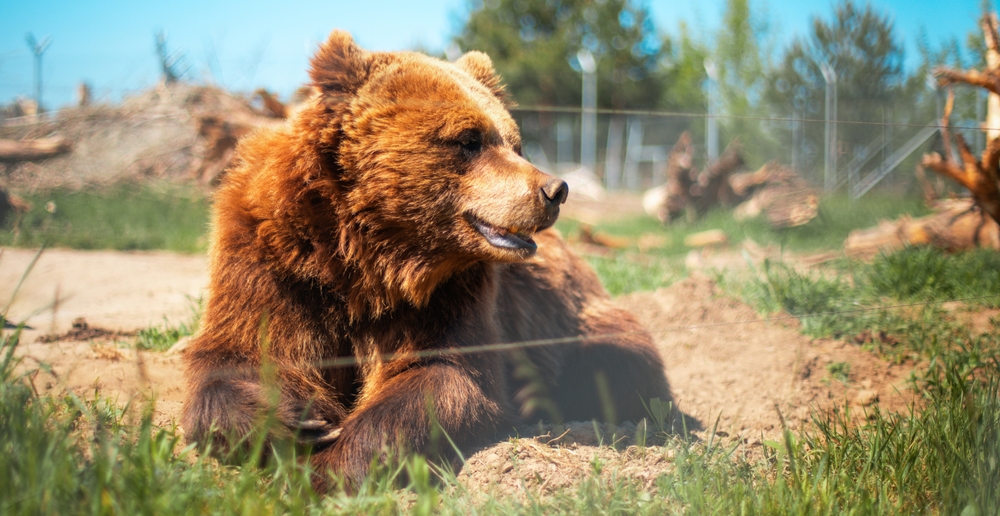Exotic pets have always captured people’s curiosity. The idea of having a wild animals as pets sounds thrilling to some. However, wild animals carry unique challenges that most people are not prepared to handle. In certain states, laws allow individuals to own animals that would typically be found in forests, rivers, or even jungles. While this may sound exciting, the risks to both humans and the animals themselves are significant. Below are seven wild animals that are legal to own in parts of the United States, but owning them often results in unexpected dangers and ethical concerns.
Primates
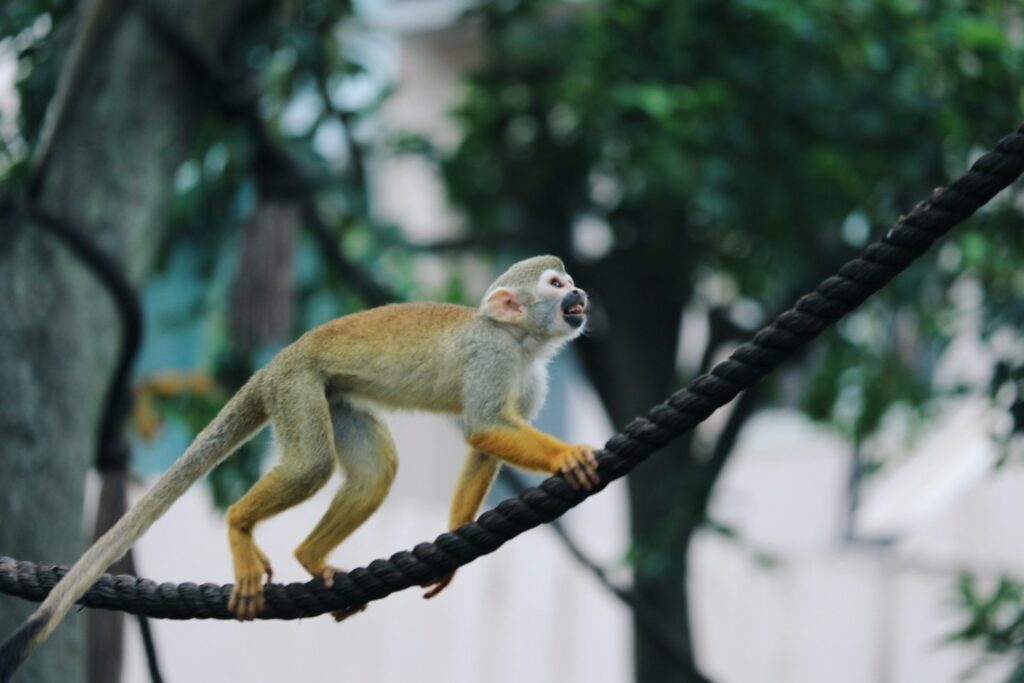
Monkeys, chimpanzees, and other primates are legal pets in some regions. Many owners are drawn to them because of their intelligence and human-like behaviors. Yet, this same intelligence makes them unpredictable. Primates can display aggression, throw objects, or even bite when stressed. They also carry the risk of transmitting diseases to humans. Beyond the dangers, primates suffer when confined in small living spaces because they are social animals that naturally live in large groups. Keeping them as pets often leads to loneliness, frustration, and abnormal behavior.
Tarantulas
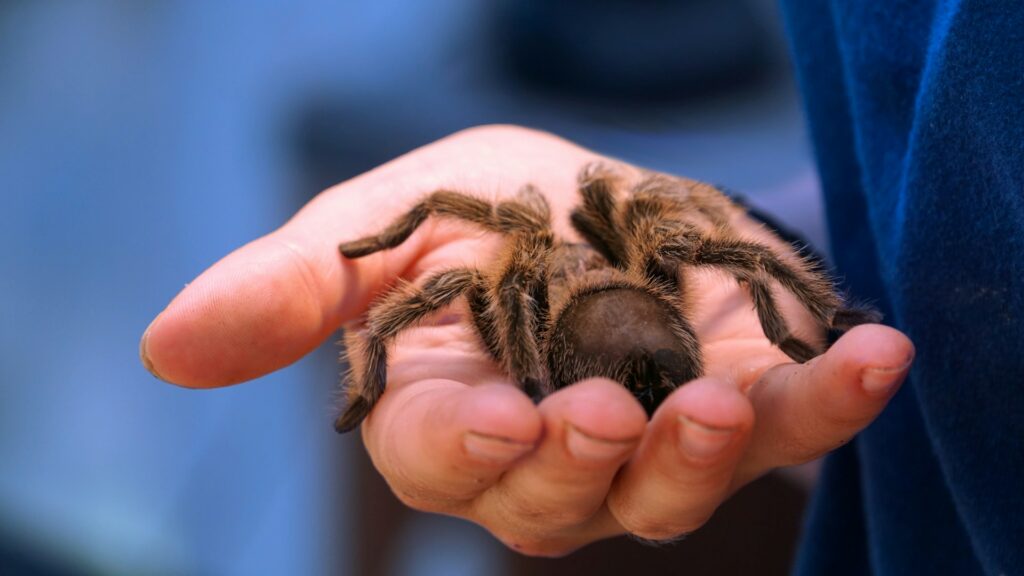
In many states, tarantulas are legal to own without special permits, which makes them one of the more accessible wild animals to own as pets. These large, hairy spiders may seem frightening, but most species are not deadly to humans. Their venom usually causes irritation similar to a bee sting, although allergic reactions are possible. Despite being low-maintenance compared to bigger wild animals, tarantulas still come with risks. They can flick irritating hairs from their abdomen when threatened, which may cause rashes or eye problems. They also require specific humidity and temperature levels to stay healthy. While legal and often marketed as “easy” exotic pets, tarantulas are still wild creatures that many people find difficult to handle safely or ethically.
Wolves and Wolf-Dog Hybrids
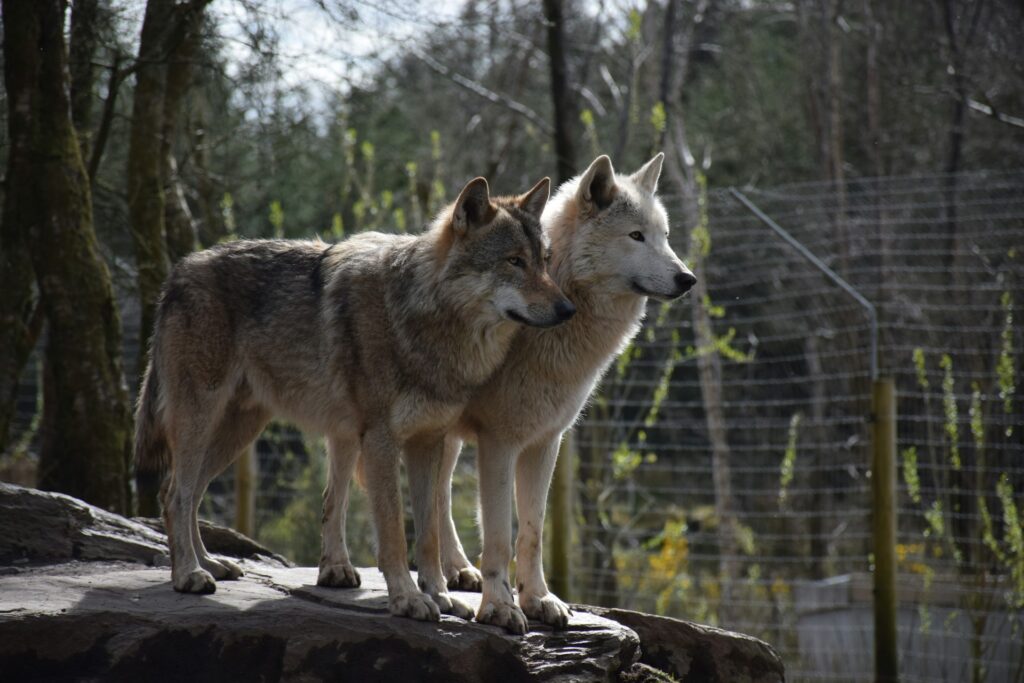
In certain states, people can legally own wolves or wolf-dog hybrids. The appeal often lies in their wild appearance and connection to nature. However, wolves are pack animals with complex social structures. When kept in homes, they rarely adapt well. Hybrids, which are crosses between domestic dogs and wolves, also inherit traits that make them difficult to predict. While some hybrids may show dog-like loyalty, others lean heavily on wolf instincts, making training extremely challenging. These animals need large spaces and constant stimulation, which are nearly impossible to provide in a household setting.
Alligators
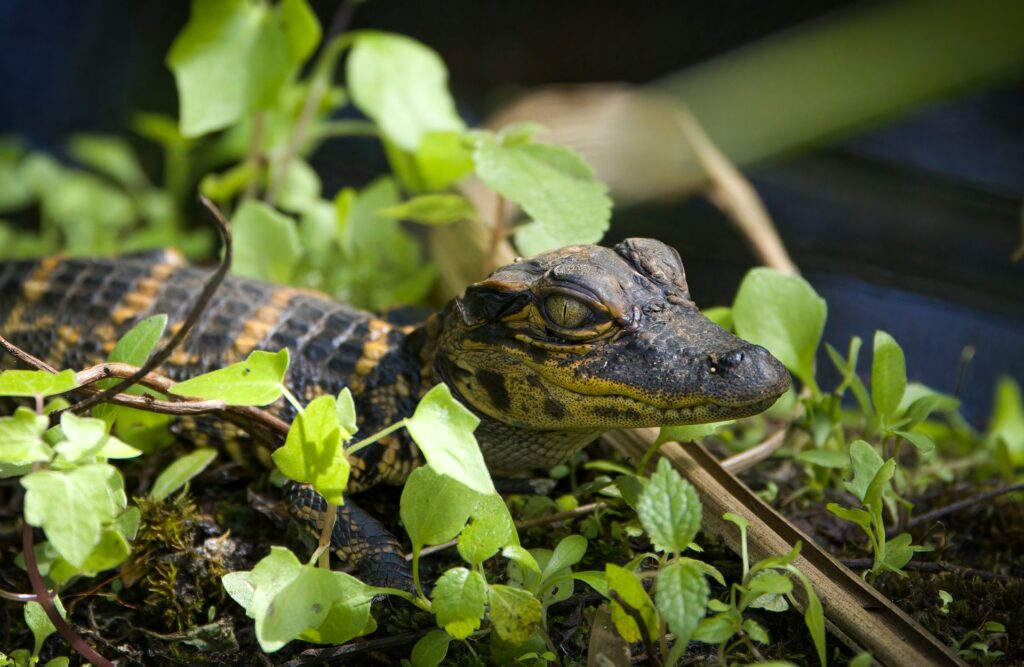
Alligators can be legally owned in several southern states. Some enthusiasts keep them in large outdoor enclosures, treating them as exotic trophies. However, alligators are powerful reptiles with strong jaws capable of inflicting fatal injuries. They require specialized care, including heated environments and access to water. Feeding them also becomes complicated as they grow, since their diets include whole prey items. Beyond the practical challenges, alligators pose a serious safety threat if they escape. A single encounter with an untrained person could quickly turn deadly.
Snakes
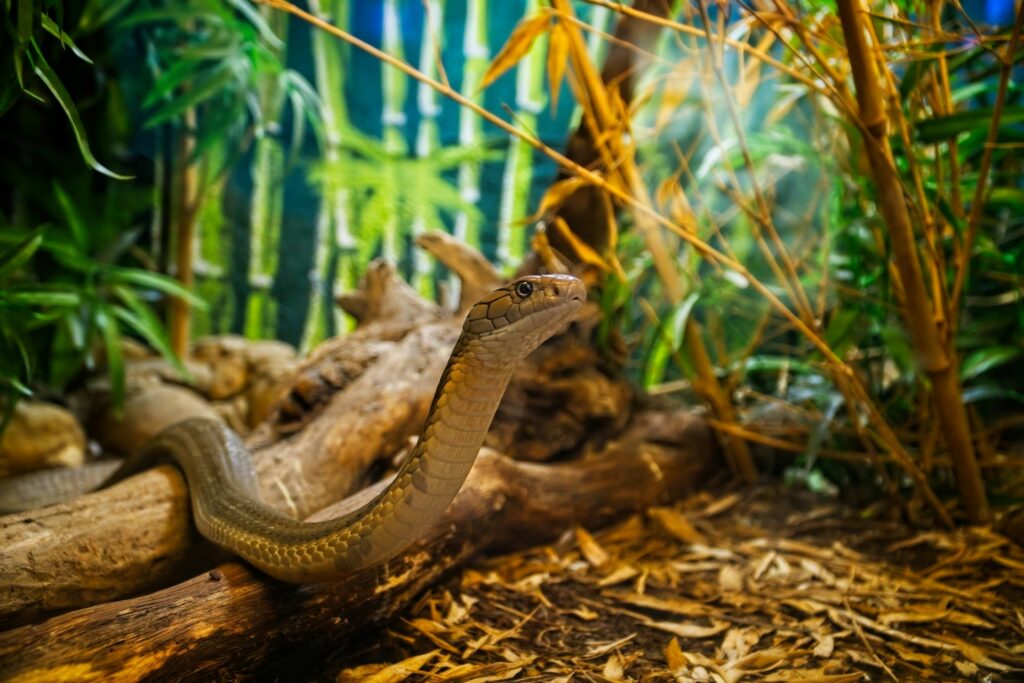
In several states, venomous snakes such as cobras, vipers, and rattlesnakes are legal to keep with permits or minimal regulation. These reptiles are popular among collectors who admire their striking appearances. However, the danger of keeping venomous snakes is obvious. A single bite can lead to severe injury or even death. Antivenom is often hard to obtain quickly, making accidents potentially fatal. Containment is another issue, since snakes are known escape artists. One loose cobra in a neighborhood could lead to widespread panic and immediate danger.
Porcupines
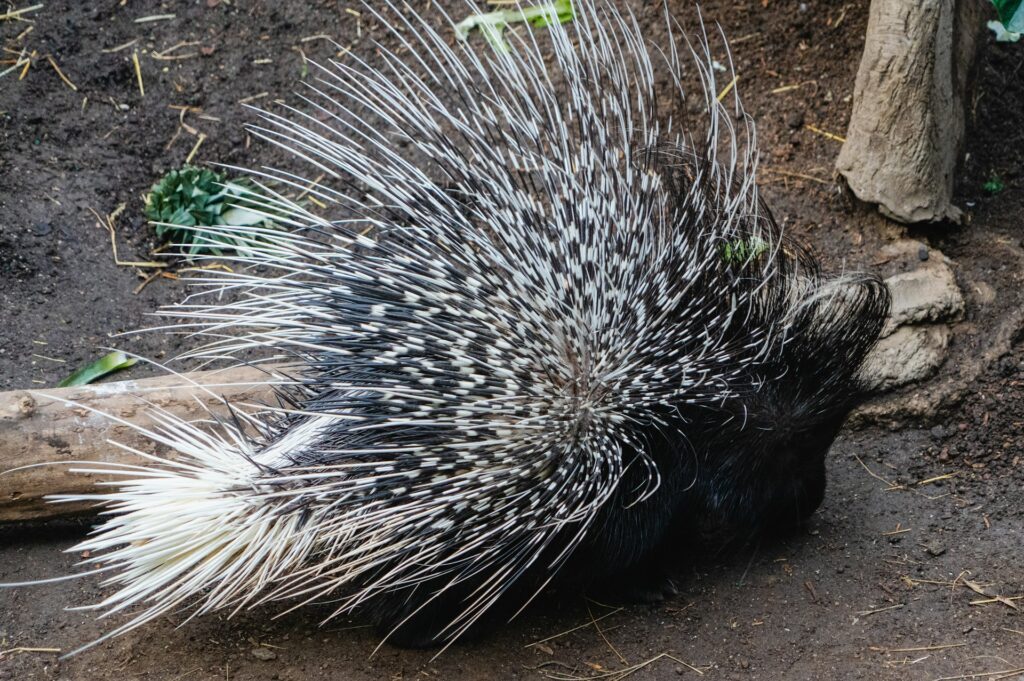
In some states, it is legal to keep porcupines as pets. At first glance, they might seem less threatening than tigers or bears, but their natural defenses make them far from safe companions. Porcupines are covered with thousands of sharp quills that detach easily when threatened, embedding into skin and causing painful injuries. They also have strong teeth designed for gnawing wood, which can destroy furniture and enclosures if they are kept indoors. Beyond safety concerns, porcupines are nocturnal and solitary animals, making them poor fits for household life. While legal in certain areas, keeping these wild animals as pets is not practical or humane.
Bears
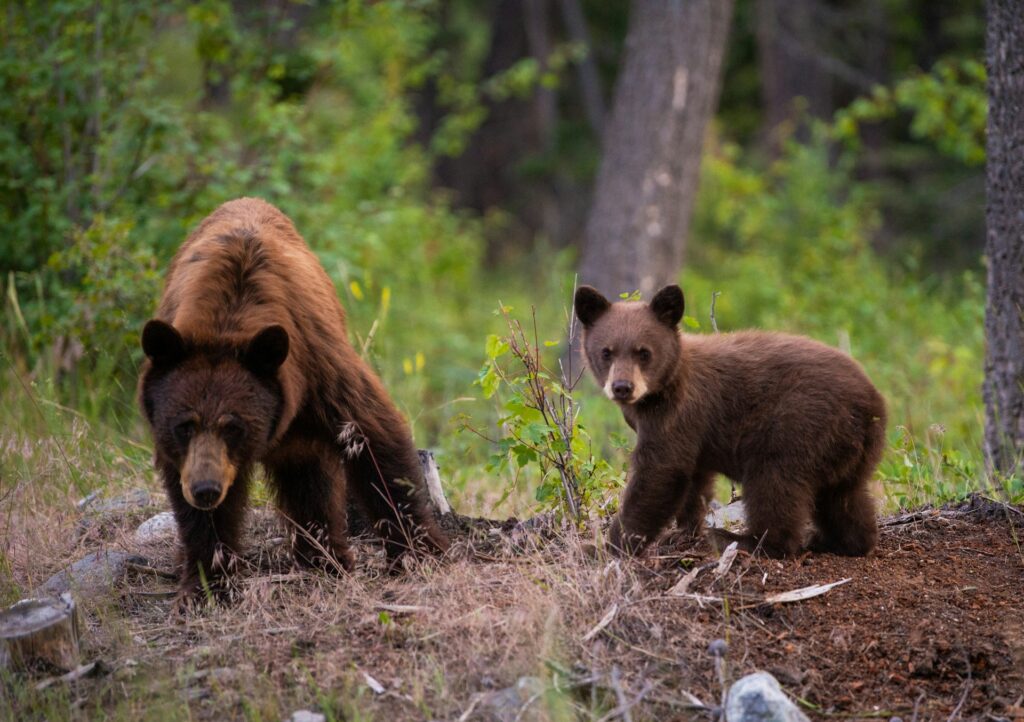
Surprisingly, certain states allow ownership of bears with few restrictions. Cubs may look harmless and even playful, which attracts some owners. However, bears grow rapidly and can weigh several hundred pounds within a few years. Their immense strength, sharp claws, and natural instincts make them extremely dangerous. Even when raised in captivity, bears remain wild at heart. They require enormous habitats and consume large quantities of food each day. Many bears kept as pets eventually face poor living conditions because owners cannot meet their demands.
Disclaimer: This article was created with AI assistance and edited by a human for accuracy and clarity.
